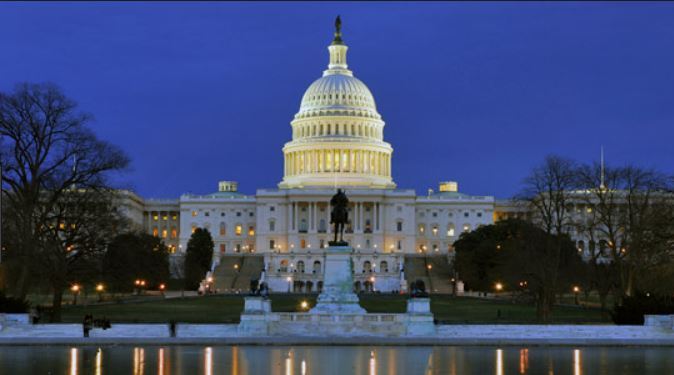Small businesses won big on Tuesday night when the House of Representatives passed JOBS Act 3.0. The bill passed on a 406-4 vote, a surprisingly solid consensus from a chamber that has gained infamy due to its present bipartisan differences. But what is the JOBS Act 3.0 and what does it mean for small businesses in the US?
Understanding JOBS Act 3.0 and Its Significance
Originally known as the Jumpstart Our Business Startups Act of 2012, the legislation has been under discussion for several years as Congress tried to hammer out changes that both parties would be happy with.
JOBS Act 3.0, or the JOBS and Investor Confidence Act of 2018, is an amalgamation of 20 distinct bills. These bills are all designed to encourage and boost entrepreneurship by making it easier for small businesses to gain access to capital markets.
Under JOBS Act 3.0, new legislation will ease banking regulations, allowing startups to get the financial help they need. It will also stimulate venture capital and make it possible for initial public offering (IPO) to become more manageable and affordable.
This move certainly garnered the approval of Tom Quaadman, the Executive Vice President of the US Chamber Center for Capital Markets Competitiveness. According to Quaadman, these pro-growth policies will not only help get new businesses off the ground, it will also improve the chances that these enterprises will grow, innovate, and boost the job market.
“It is a win for entrepreneurs, businesses, and job creators across the country,” Quaadman said.
Ways the JOBS Act Can Benefit Small Businesses
There are numerous ways JOBS Act 3.0 will help small businesses. For one, it will remove barriers that hinder companies from raising capital.
The US Chamber of Commerce revealed that three-fourths of the country’s business financing comes from capital markets. However, the sheer number of regulations makes it challenging to keep up with demand. This has resulted in a decline in the number of US startups in recent years. Now China is leading the IPO revolution, producing more than one-third of the world’s startups compared to the 11 percent by the US.
New regulations would also permit a larger number of accredited investors to invest in startups and small businesses, thus improving their chances. For instance, people who earn more than $200,000 a year or those who have a net worth of $1 million or more could become accredited investors. This will boost the pool of investors and provide more capital funds.
The Act will also clarify how businesspeople and angel investors can discuss their investments without running into trouble with securities laws. A clear understanding of these regulations would increase venture capital movement and make acquisitions by small businesses easier.
What’s Next for the Bill
The JOBS Act 3.0 has garnered a lot of support from numerous organizations and companies. The Biotechnology Innovation Organization (BIO) even praised it for being a “tremendous step forward for small, pre-revenue innovators.” However, the bill still has some ways to go.
The legislation is now in the hands of the Senate, the chamber of Congress that has become known for not getting things done. Senate Majority Leader Mitch McConnell will now have the job of wrangling enough votes to get the bill in front of President Trump by fall.

